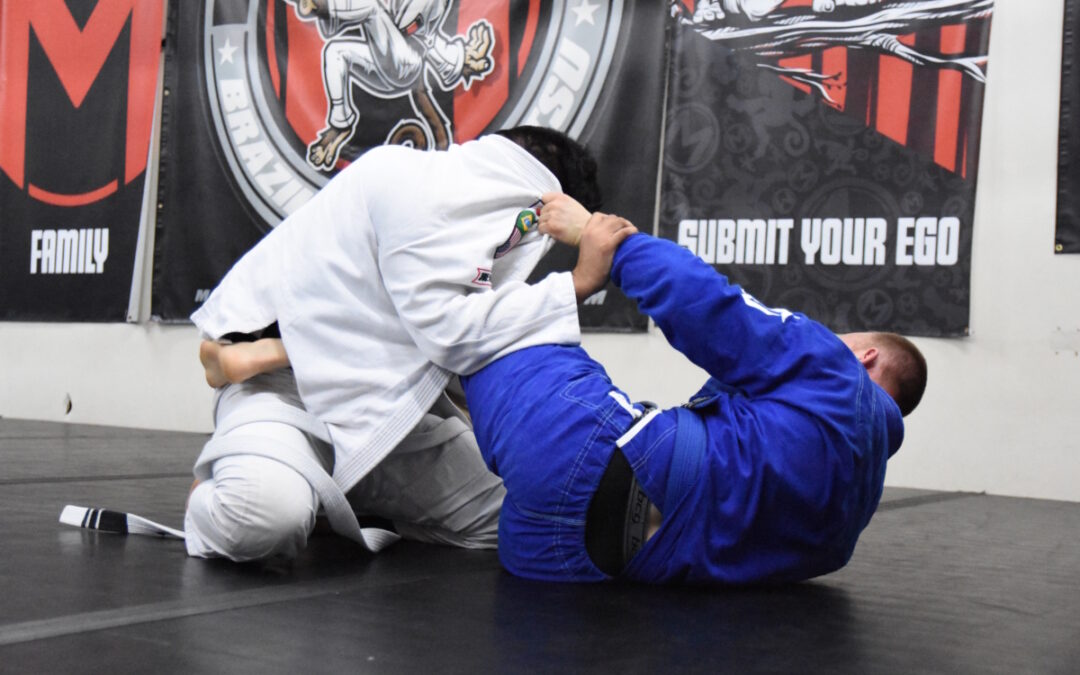When it comes to achieving your health and fitness goals, you’ll often hear two common terms — fitness coaching and personal training. While they might sound similar, they actually serve different purposes and approaches. Both play important roles in helping individuals lead healthier lifestyles, but understanding their unique differences can help you choose the right option for your needs. Whether your goal is to build strength, lose weight, or improve overall wellness, knowing how fitness coaching and personal training differ can guide you toward better results and lasting motivation. Let’s break down what each involves and how they can support your fitness journey in distinct yet complementary ways.
Understanding Fitness Coaching
Fitness coaching focuses on the bigger picture of health, combining exercise guidance with mindset development, lifestyle changes, and long-term goal-setting. A fitness coach doesn’t just create a workout plan — they help you build sustainable habits that go beyond the gym.
Here’s what fitness coaching generally includes:
- Goal alignment: A coach helps define realistic goals based on your current health, lifestyle, and motivation.
- Holistic focus: Fitness coaching involves nutrition tips, stress management, sleep tracking, and emotional well-being.
- Accountability and consistency: Coaches stay in touch through regular check-ins, helping clients stay consistent and positive.
- Mindset development: A big part of coaching is about improving your attitude toward fitness and building self-discipline.
Fitness coaching takes a more strategic and motivational approach. It’s not only about how many reps you do but about why you’re doing them and how your lifestyle supports those goals.
What Personal Training Involves
Personal training is more hands-on and exercise-centered. It focuses mainly on the physical aspect of fitness — guiding you through workouts, ensuring proper form, and helping you safely push your limits.
A personal trainer typically:
- Designs a customized workout plan targeting specific areas like strength, endurance, or flexibility.
- Demonstrates correct exercise techniques to prevent injuries.
- Tracks your progress during sessions and adjusts workouts as you improve.
- Motivates you to stay committed while ensuring you perform each exercise correctly.
Personal training is ideal for people who need direct guidance in the gym or prefer structured, supervised workouts. It’s perfect for beginners or those training for specific goals such as muscle gain, fat loss, or athletic performance.
The Key Differences Between Fitness Coaching and Personal Training
While both roles aim to improve your health, their approaches differ in several ways:
- Scope of Support: Personal trainers concentrate on physical workouts, while fitness coaches look at overall lifestyle, including mental and emotional factors.
- Communication Style: Trainers work mostly during scheduled sessions; coaches often connect remotely, offering ongoing support throughout the week.
- Goal Duration: Personal training often focuses on short- to mid-term physical improvements, whereas fitness coaching aims for long-term transformation and habit development.
- Customization Level: Coaches tailor programs to fit your entire lifestyle, while trainers customize sessions based on your current fitness level and gym goals.
Simply put, fitness coaching is life-oriented, and personal training is workout-oriented. Many people choose to combine both for a well-rounded approach to health and wellness.
Who Should Choose Fitness Coaching?
Fitness coaching is perfect for individuals who:
- Struggle with motivation and need consistent accountability.
- Want to build lasting habits around nutrition, movement, and mindset.
- Prefer flexibility and online guidance instead of in-person sessions.
- Seek overall lifestyle change rather than just physical transformation.
It’s especially valuable for busy professionals or those who travel frequently, as coaching can be done virtually and adapted to any schedule.
Who Should Choose Personal Training?
Personal training is ideal for those who:
- Need help learning correct exercise techniques.
- Want one-on-one supervision in a gym environment.
- Are recovering from injuries and need personalized, safe workout adjustments.
- Have specific short-term fitness goals like improving muscle tone or endurance.
A personal trainer ensures every workout session is effective, structured, and safe — a great choice for those who thrive on in-person motivation and real-time feedback.
How Fitness Coaching and Personal Training Work Together
Many fitness professionals now blend both approaches, offering clients the best of both worlds. For example, a client might meet a personal trainer twice a week for in-person workouts while also receiving online coaching for nutrition, mindset, and lifestyle habits.
This hybrid approach helps ensure:
- Continuous accountability even outside gym hours.
- More sustainable results through balanced physical and mental growth.
- Ongoing progress tracking with both short-term and long-term goals.
Combining the structure of personal training with the mindset-focused strategy of fitness coaching can create a powerful, complete fitness journey.
Why the Right Choice Matters
Choosing between fitness coaching and personal training depends on your personal goals, motivation style, and lifestyle. Some people need a coach to guide them toward sustainable habits, while others need a trainer to push them during each workout session. The key is understanding your needs and selecting a path that aligns with your vision of fitness success.
About Cedar Street Training
Cedar Street Training is a trusted name for individuals looking to elevate their fitness experience with expert guidance and personalized support. The team offers both fitness coaching and personal training programs designed to match every fitness level and goal. Whether you want one-on-one instruction, virtual coaching, or a combined approach, Cedar Street Training focuses on delivering long-term, realistic results. Their coaches work closely with clients to build confidence, improve performance, and create healthier lifestyles through motivation, education, and consistency. With Cedar Street Training, you’re not just working out — you’re transforming your entire approach to fitness and well-being.







0 Comments